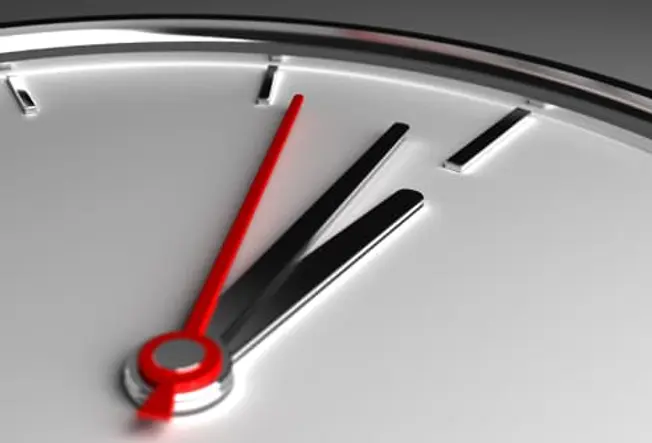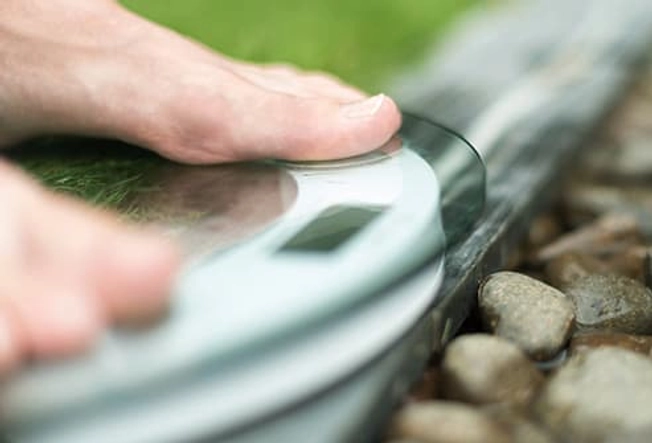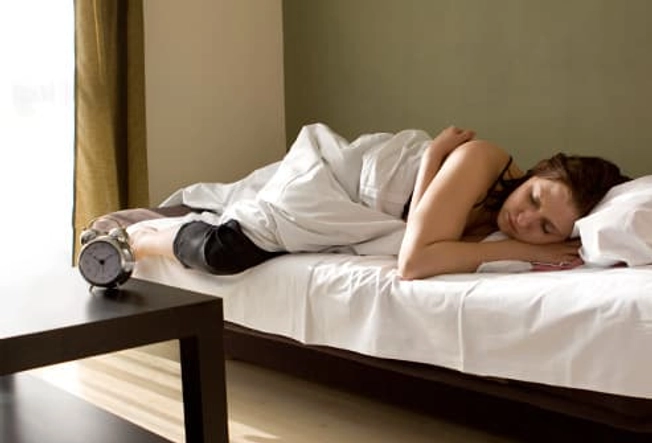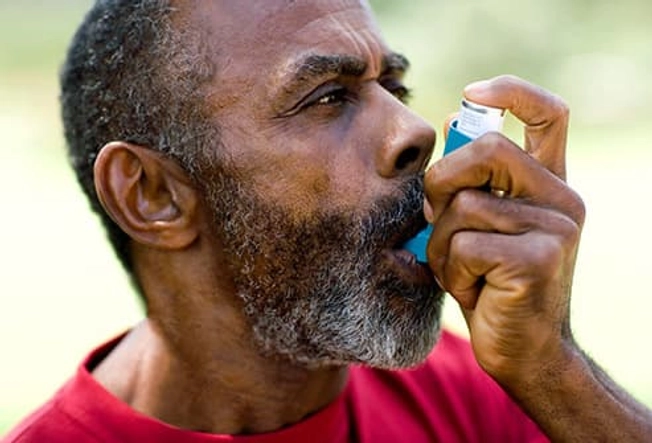- A Balanced Life
- Manage Stress
- CAM Treatments
- View Full Guide
Prime Time: The Best Time to Do Everything


Perfect Timing
If you’re gonna do something, do it right -- or at least do it at the right time. A few “hacks” can help you pick the best hour or day to get some things done.

Weigh Yourself
Once a week on Wednesdays will give you the best information and the best chance of success. People typically eat more on weekends and burn it off during the week. So studies say stepping on the scale in the middle of the week -- any time of day as long as you’re consistent with it -- is most likely to give you a true picture of what’s going on.

Nap
If you really need one, the best time is between 2 p.m. and 3 p.m. Your blood sugar levels start to dip after lunch, and it’s early enough that it won’t mess with your bedtime. But don’t overdo it -- 20 minutes is enough to make you more alert and put you in a better mood. Push it past 30, and you can hit a deeper stage, when your brain waves slow down. You’ll be groggy when you wake up (and probably grumpy, too).

Solve Problems
You’re better at this when your energy is down a bit -- when you’re not wired and laser-focused. This may be because your mind is freer and more open to new ways of looking at things when you’re more relaxed.

Learn Something New
Before a good night’s sleep: Information and skills are more likely to stick in your brain if you get a full night of uninterrupted ZZZs afterward. How much and how well you sleep have a big effect on learning and memory, so all-nighters really aren’t a good idea for a lot of reasons.

Take a Break
About an hour into your workday, according to a study of how people are most productive during an 8-hour shift. Researchers found that the best way to keep up your focus and energy is to take a 15-minute break an hour after you start and another one an hour before quitting time. You also get a 30-minute lunch in the middle.

Interview for a Job
Early in the day is ideal -- an interviewer who liked the first three people they talked with is likely to be biased against the fourth. This may be because they think they're “due” to see an unqualified candidate by that point, or they may have hit their daily target of people to move on to the next round.

Compete
It depends on if you’re a night owl or a morning person. In one study, night-owl athletes were 26% worse in the early morning than at their peak levels later in the day. You might want take that into account when you schedule the next tennis date with your rival who burns the midnight oil: How about a 6 a.m. court time?

Sleep Late
Never. We know -- that's the last thing you want to hear. But the best way to get good sleep over the long term is to keep a regular sleep schedule. That means getting up at the same time every day, even if you had a late night -- and, yes, that includes weekends. Sigh.

Be Open and Honest
The earlier the better -- your willpower wears down as the day goes on, and that can loosen your morals a bit. Best not to put off a tough conversation till later in the day if you want to make sure you hit it head on.

Put on Sunscreen
About 15 minutes before you go outdoors -- that’s how long it takes your skin to take it in. After that, you need to reapply it every 2 hours -- sooner if you swim or do something that makes you sweat.

Exercise
Morning -- you’re more likely to stick to it if you plan to exercise early, and nighttime exercise can be bad for your sleep. But it's better to exercise late than not at all.

Have Surgery
You may have heard that you’re better off having surgery in the morning, compared with the afternoon, but research says there’s probably no difference. So do what works for you and your doctor, and don’t sweat the start time.

Take Asthma Meds
Inhaled steroids, used regularly to control asthma, may have the best effect between 3 p.m. and 5:30 p.m. But the most important thing is to take them at the same time every day. Always check with your doctor before making any changes to how you take medicines.